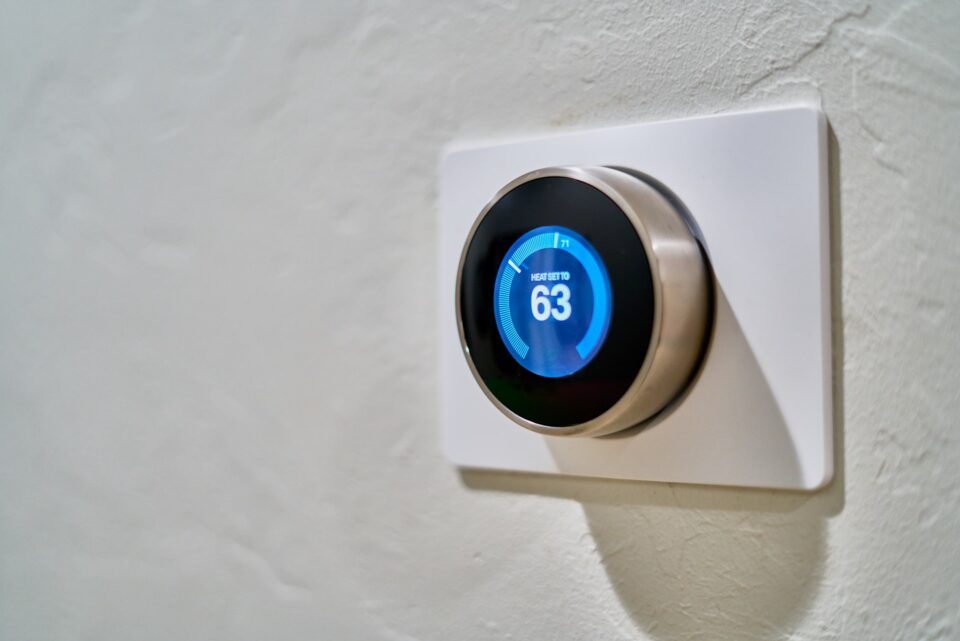When it comes to choosing the ideal water heater for your home, it is important to be aware of all your options, as well as what determines a good purchase. It’s advisable to think about the available space in your house and where you want the heater to be installed as well as how much hot water you need. There are several types of water heaters to choose from, depending on the features you will need.
Know the Types of water heaters
These are electric, natural gas or propane, tankless, or traditional water heaters.
Electric models are among the cheapest and most environmentally friendly types of water heaters available. However there is a catch – they can take up quite a bit of space in your home, and it takes a while for them to heat up the water. On the other hand, if you live off the grid or your house is not connected to an electricity network, this type of heater may be your best choice.
Natural gas and propane models are among the most popular types of water heaters thanks to their efficiency and ease of use. They do however require a gas line and the use of flammable liquids, which is why we don’t recommend them to homes with small children.
Tankless models are still not very common, but they’re slowly gaining popularity due to their ability to supply constant hot water without the need for a storage tank. An example of this type of heater is Rinnai heaters, which operate entirely differently than tank-style heaters. These types of heaters are usually more pricey but they also have better energy efficiency.
Find a size that fits your space
One of the most important factors in choosing a water heater is the size of its capacity. You need to make sure you choose a unit that has been made for your household’s needs. For example, if your house is home to 4 people and you need hot water at all times when taking shower, then a tank with a 50-gallon capacity will be enough. However, if you have a 10-person home and 5 of them are children who need to shower twice every day, then you should choose a 100-gallon capacity. The water heater should not only be efficient but it should also fit your space as well as requirements. So ensure that you select a size that fits best.
Consider Energy efficiency
Water heaters can use up to 40 percent of your home’s energy, according to the U.S. Department of Energy. With that in mind, here are some things to consider when making a purchase:
The first thing you should look for is an “Energy Factor,” which will be indicated on the Energy Guide label. The DOE says buyers should choose a water heater with an Energy Factor of 0.92 or greater, as more efficient models can cut down on energy use by up to 29 percent. You’ll also want to go for the tankless type, as they generally have a slightly higher Energy Factor.
Don’t let home improvement shows lead you to believe that you can dramatically cut down on your energy costs by installing a solar water heater or geothermal system. On average, these systems only save the consumer about $30 per year, according to data from the National Renewable Energy Laboratory.
What you can do is go for a tankless water heater or one with an insulated tank, which will help keep heat loss to a minimum. Sure, there are many other ways to cut down on energy use, but you can consider these when making your purchase.
What is the energy source?
The energy source that the water heater uses is very important. Some of the most common sources are gas, oil, and electricity. Usually having a gas water heater is more cost-effective than electric and cheaper to run than propane or oil. So for this reason most people choose either propane or oil water heaters if they want to save on energy.
Having an electric water heater is the cheapest alternative but it comes with a few problems as well. Another problem with an electric water heater is the fact that you will have to wait for a long time before it heats enough hot water for you to use. An average electric water heater will need about an hour before getting you enough hot water.
A propane or oil tankless water heater will give you the same amount of hot water within a much shorter time frame; usually between 5 to 10 minutes, which makes it better for larger families. These two options are also more cost-effective than gas and come with other benefits as well such as less maintenance and a longer warranty.
The energy source your tankless water heater uses will determine its power as well, which determines how fast it can heat enough hot water for you to use.
Not all water heaters are the same. There are different types of water heaters that come with their own benefits, disadvantages, and costs. Selecting one that fits your space as well as your needs is not an easy task either. However, if you consider some of the factors shared above, you will get a good one.

